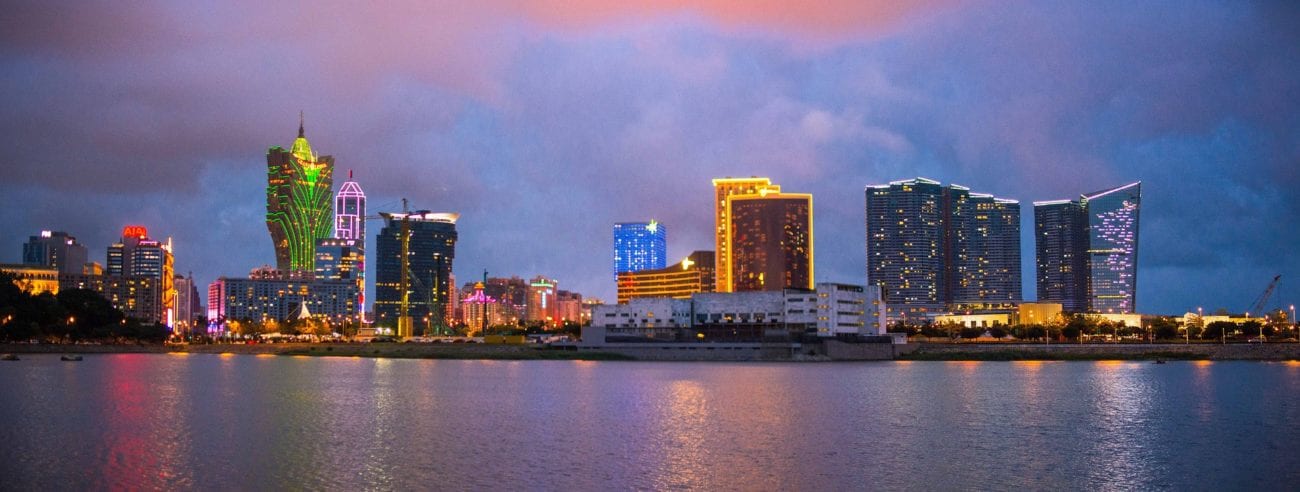Diversification away from gaming helps Rich Goldman return to profit in H1

Revenue was up 41.4% when compared to the last six months of 2020 but were still 23.0% behind the figure recorded in the same period of 2019, when gaming made up the majority of revenue.
The gaming and entertainment segment of the business – which organises junkets for VIP players to gamble in Macau – brought in only $1.4m of this total. While this marked a recovery compared to H1 of 2020, when the segment brought in no revenue whatsoever amid strict travel restrictions in Macau, it was 92.4% less than the division brought in during H1 of 2019-20.
The group said that these results mean it will continue to focus on diversification.
“Given the challenging operating environment resulting from the prolonged Covid-19 pandemic, particularly, travel restrictions, as well as the regulatory uncertainty in the gaming industry, the group foresees that the gaming industry will be severely impacted,” it said.
“In order to cope with such declining trend, the group will therefore be cautious in
exploring and assessing all potential business opportunities in order to balance the return
and the associated risks in such opportunities.
“The group has also been actively diversifying its businesses such as money lending, hotel operations and property leasing; and reducing its reliance on existing gaming business.”
This regulatory uncertainty is linked to a potential crackdown on junkets from Macau authorities. Alvin Chau, who owns the special administrative region’s largest junket, SunCity, was arrested late last year and accused of running an illegal online gambling ring.
Chan Weng Lin, who owns the Tak Chun Group, was later also arrested in connection with the same illegal gambling ring. In addition to illegal gambling crimes, the Procurator General of Macau alleged he had commanded a triad organisation.
These events have occurred as Macau prepares to pass a bill to overhaul its gaming sector. This bill, which was approved by the Legislative Assembly at first reading, would limit junkets to working with one operator each.
During the quarter, property leasing was the largest source of revenue, followed by money lending, while hotel operations brought in $2.9m.
However, the business paid HK$9.1m in costs of services, almost triple what it paid in H1 of 2020-21.
It also received $1.7m in other income, which was 37.1% less than the year before.
Rich Goldman made a $1.2m loss on property investments and incurred $7.0m worth of impairment costs, but these were well below the $5.9m and $12.0m losses it made in this areas the year before.
However, it also paid $4.5m in impairment charges on loans.
Administrative expenses, meanwhile, were Rich Goldman’s largest cost, coming to $24.9m, which was 19.2% more than in H1 of 2020-21.
As a result of these costs, the business made an operating loss of $17.9m, but this was 5.1% less than its operating loss the year before.
However, the business also made a $23.9m gain thanks to its acquisition of 51% of the share capital of Fast Advance Resources Limited, which owns properties in mainland China.
As a result of this, plus finance costs of $1.5m, Rich Goldman made a pre-tax profit of $4.8m, compared to a $20.0m loss the year before.
It paid $732,000 in taxes for a final profit of $4.0m, after having lost $18.9m in H1 of 2020-21.
